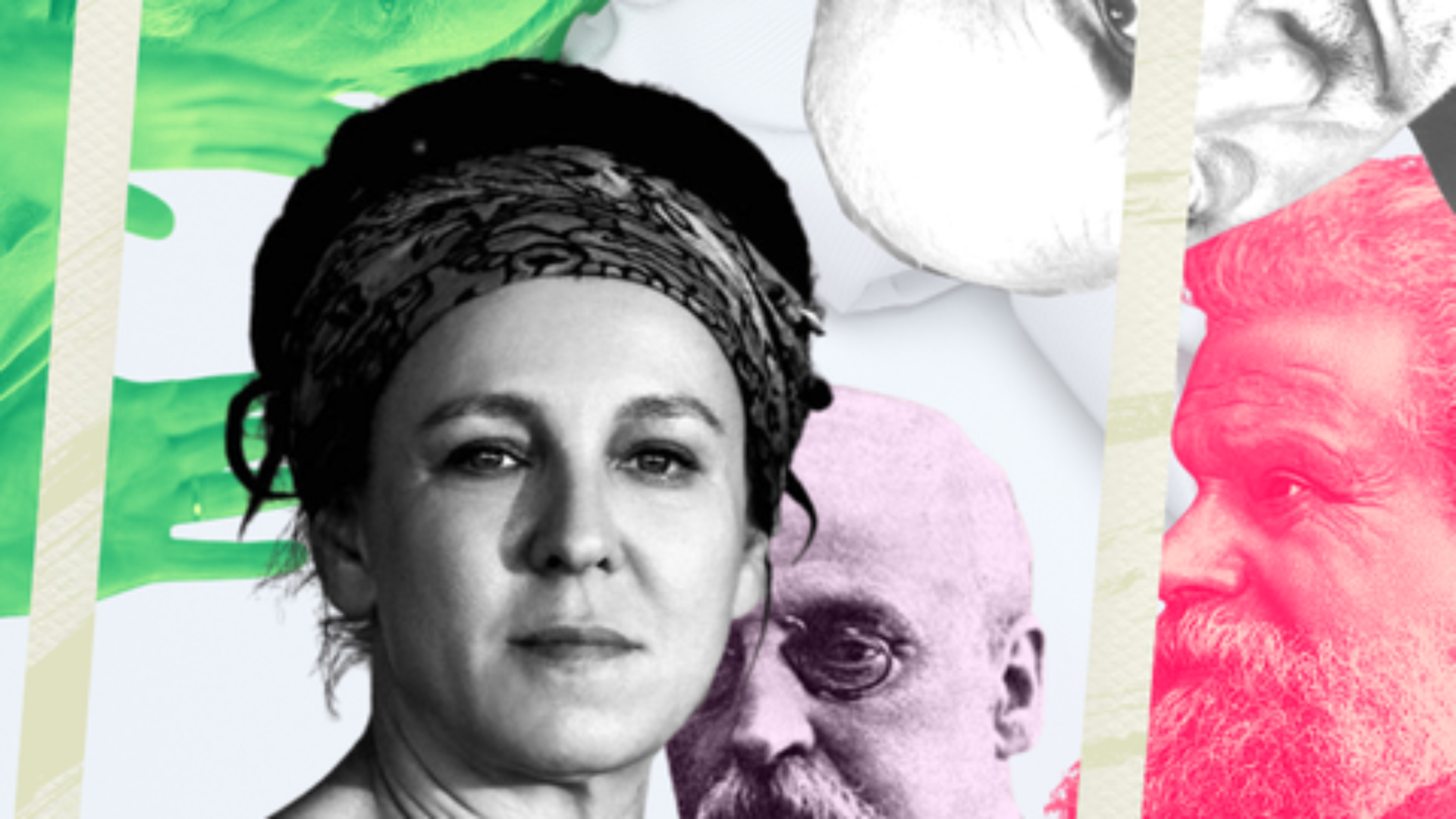Aleksander Nawarecki
(Uniwersytet Śląski w Katowicach)
E-mail: aleksander.nawarecki[at]us.edu.pl
ORCID: 0000-0001-7271-2080
DOI: 10.31261/FLPI.2021.03.06
„Fabrica Litterarum Polono-Italica” 2021, nr 1, s. 79-96
Download the article
Download all issue
The article is available in Polish
Abstract
The article takes the form of a triptych presenting the views on the poetry of Jacques Derrida, Krzysztof Uniłowski and Franco Berardi. It exposes the differences in the position of a philosopher, literary critic and political scientist, and at the same time the different sensitivity of a French, Pole and Italian. The initial question “What is poetry”, formulated in Italian, has important consequences, because in the opinion of many European nations, Italian sounds at once songful, childish and poetic. The effect of this stereotype is the “Italianization” of poetry associated with fun, pleasure, sensuality, sweetness, etc. Derrida – as the author suggests – dialogues with this myth comparing the poem to the hedgehog from a fairy tale for children. The philosopher from Bologna, on the contrary, rejects “infantile” associations, and attributes to poetry a healing, revolutionary, messianic power. Finally, Uniłowski, who has been reluctant to comment on poems, discovers the originality and topicality of Berardi’s position, which provokes a series of associations concerning both contemporary and ancient humanities.

